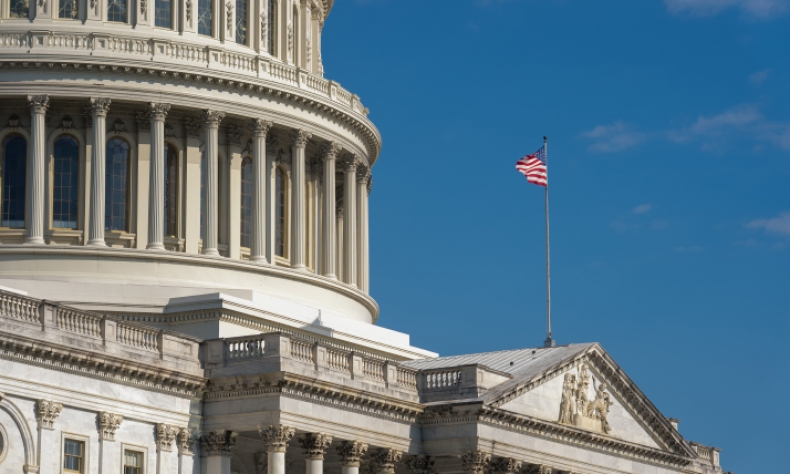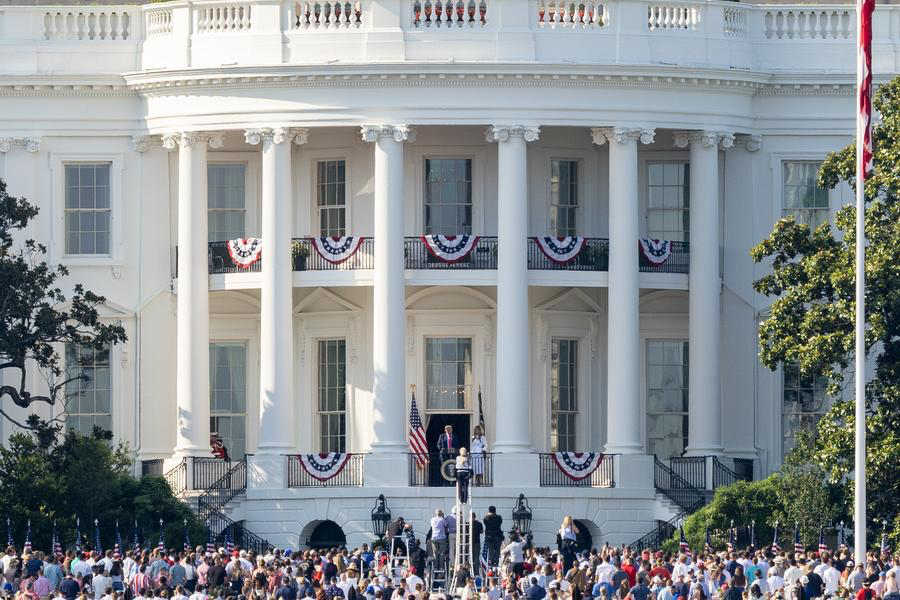Can Trump’s One Big Beautiful Bill Solve U.S. Problems?

He has the key in hand now, but whether it will actually unlock solutions remains uncertain.
On July 3, U.S. Congress finally passed the One Big Beautiful Bill, a highly controversial piece of legislation vigorously pushed by President Donald Trump. After a fierce partisan battle, Trump has signed this bill, which combines the largest tax cuts in U.S. history with landmark investments in America’s future and defense, into law.
First, the law could help the U.S. attract wealth and talent from abroad. On the one hand, the bill allocates more funding to support Trump’s efforts to deport illegal immigrants and to stop the flow of illegal immigration into the country, and it also aids in cracking down on crime to improve domestic law and order. On the other hand, the bill grants various incentives to high-income groups. This combination of policies enables the U.S. to draw more wealthy individuals, skilled talent and capital from other countries. Although this approach may hurt America’s soft power in the short term, in the long run the nation’s strategic competitiveness and hard power are likely to increase.
Second, the law might raise birth rates among white Americans, leading to a shift in the U.S. demographic structure. For example, the law permanently increases the Child Tax Credit for more than 40 million families. Many young people will benefit, feeling less financial pressure when raising children. Trump considers America’s birth rate and population growth important to national security, hoping to slow the decline of white Americans as a percentage of the total population. He perhaps believes that multiculturalism, identity politics and political correctness are making American society less cohesive, thereby threatening the country’s security.

Third, the law may furnish Trump with the financial means to wage trade wars against trading partners. Because the legislation raises the federal debt ceiling, Trump can more readily engage in protracted trade wars and will likely adopt an even more hardline stance during negotiations. Many countries have few tools to counter or retaliate against Trump’s aggressive trade measures.
Fourth, and most importantly, the law has boosted U.S. defense spending to an unprecedented level, potentially reaching $1 trillion per year. The U.S. can channel these additional funds into developing more advanced weapons, including hypersonic missiles, more advanced stealth strategic bombers, a new generation of intercontinental ballistic missiles and strategic nuclear submarines, among others. In the coming years, the U.S. may further solidify its air and sea dominance, and achieve an absolute advantage over any country in second‐strike nuclear capabilities. By the time Trump leaves office, U.S. military power will likely be in an even more overwhelmingly dominant position.
Yet this law will also greatly undermine U.S. interests and inflict lasting damage on American society. First, Trump has nearly overturned all the gains made during Biden’s four years of strategic competition with China. The American electric vehicle industry has become the biggest casualty, and the country’s global leadership—along with its allies’ trust in the U.S.—will suffer irreparable damage. Second, America’s ever-mounting debt could eventually spiral into an economic crisis; we just don’t know when that moment will come. Trump is taking a gamble, and even he might not know whether he can win this one. Third, the wealth gap and racial divisions in the U.S. will not be alleviated—on the contrary, they will grow even more acute, making a full-scale social conflict unavoidable.
The new law allows Trump to accelerate the implementation of his policy vision over the next three and a half years, but will he end up driving off a cliff? It’s hard to say at this point. He has the key in hand now, but whether it will actually unlock solutions remains uncertain.
The author is an associate professor at the Fudan Institute for Advanced Study in Social Sciences, Fudan University.
 Facebook
Facebook
 Twitter
Twitter
 Linkedin
Linkedin
 Google +
Google +










